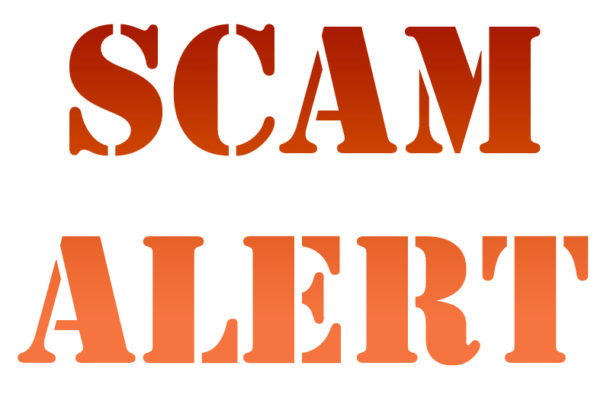Phone Scam Targeting SMECO Customers

About 20 Southern Maryland Electric Cooperative customer-member businesses have received telephone calls from scammers. SMECO warns that scammers may identify themselves as SMECO employees and demand prepaid debit cards in order to avoid having electric service cut off.
According to Tom Dennison, managing director of government and public affairs at SMECO, “Scammers like to target businesses because they cannot allow their power to be turned off during business hours. Businesses have higher bills and usually have more than one person authorized to pay bills. Scammers exploit the lack of communication between employees and threaten to disconnect power within the hour.”
To cause further confusion, scammers can make the name of the utility appear on a customer’s caller ID, and they have improved their ability to trick people by duplicating voice recordings and imitating utility phone systems.
Dennison said, “If customers receive a phone call from someone threatening to disconnect their power, they may hang up. If they want to verify account information, they can call SMECO directly. Our contact center is open 24 hours a day, every day. SMECO’s phone number is 1-888-440-3311, and it’s printed on every customer bill.”
The following describes SMECO’s routine for collecting payments from customers.
- SMECO will mail a termination notice if a bill is past due.
- SMECO calls customers who owe a past due balance using an automated phone system with a recorded message; rarely will SMECO employees make personal “collection” phone calls.
- Collection calls are made about 10 days before service is to be terminated. SMECO does not require payment at the time of the call.
- Unknown callers who give short deadlines and threaten to cut off service within an hour or two are probably running a scam.
- SMECO does not make collection calls or terminate service on weekends or holidays.
- If service is going to be terminated, a SMECO collector will knock on the customer’s door before turning off service.
- SMECO collectors will accept credit card payments, checks, or money orders, but they do not accept cash.
“SMECO issues alerts when customers notify us that these scams are taking place. We want to prevent these crooks from stealing thousands of dollars from unsuspecting residents and businesses,” Dennison said. “We don’t want people to be tricked out of their hard-earned money so we educate our customers on how they can protect themselves.”
For customers who believe they have received a fraudulent email or phone call, some basic guidelines follow.
- Customers should use the phone number printed on their monthly bill and only give payment information over the phone if they initiate the contact.
- Customers should not provide personal information, banking information, user names, passwords, or account information to unauthorized callers or in an email.
- Customers should not provide Green Dot, Western Union, or Moneygram payments to unauthorized callers.
- Customers should never meet unauthorized callers at a local store or bank to make a payment — their personal safety could be at risk.
To learn more about SMECO, visit its Leader member page.























